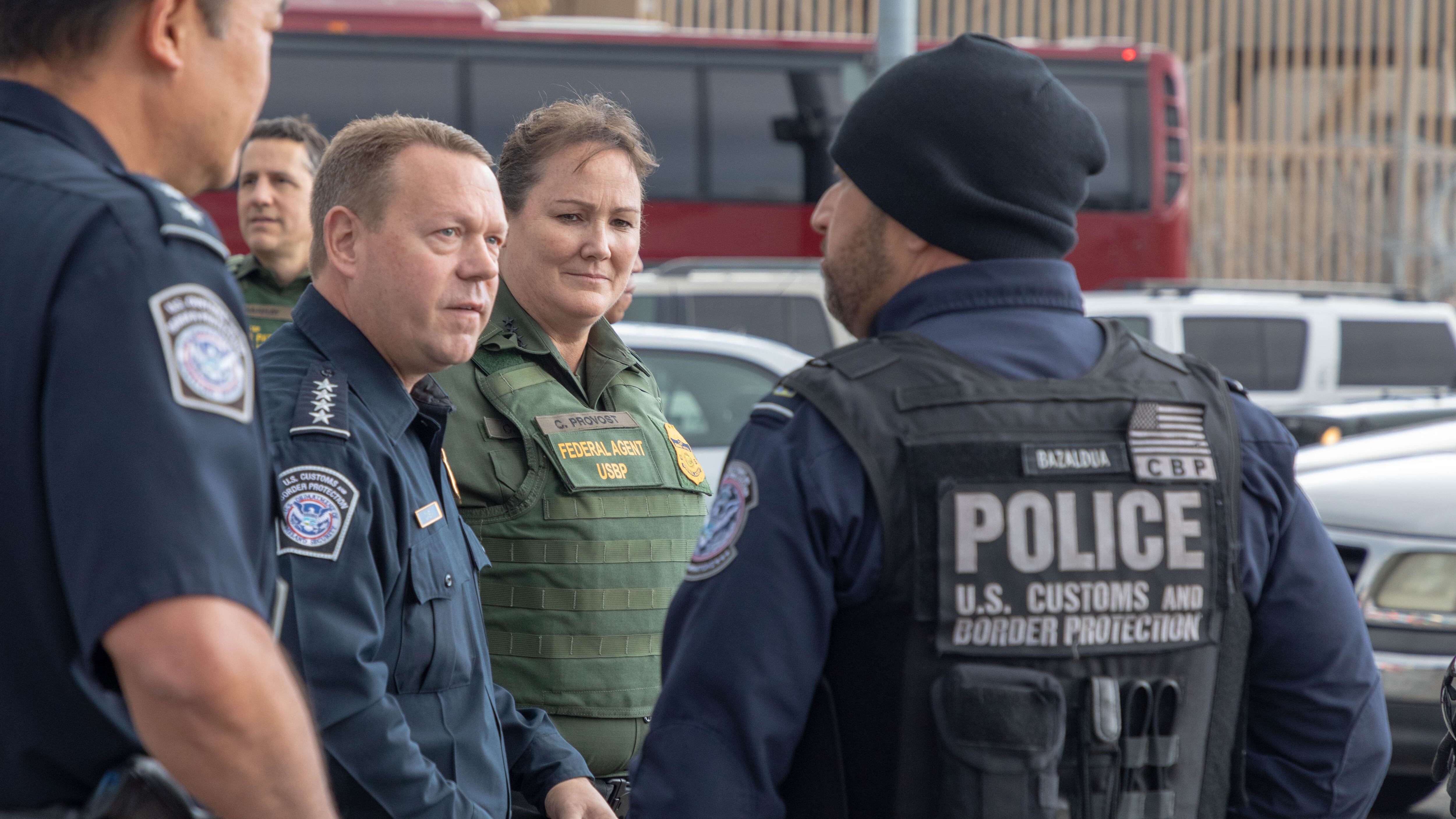A spokesman for U.S. Customs and Border Protection confirmed the details of a Jan. 27 encounter between Portland comedian Mohanad Elshieky and Border Patrol agents at a Spokane, Wash., Greyhound station.
Elshieky described the incident in a viral Twitter thread and later gave WW a more detailed account of the interrogation. He said that agents took him off the bus, doubted the veracity of his work visa and ID, and demanded more documents before allowing him back onto the bus.
A CBP spokesman says many details of Elshieky's account are true, but insists that he should have been carrying other documents to prove his legal immigration status. (Elshieky is a legal resident who entered the U.S. on a J1 visa in 2014 and was granted political asylum in October 2018.)
"While performing transportation checks, agents made contact with Mohanad Elshieky," the spokesman said in a statement responding to questions from WW. "Mr. Elshieky stated he was from Libya and presented the agents with an Oregon driver's license and an Employment Authorization Card (EAD). As with anyone who needs to have their immigration status verified, Mr. Elshieky was asked to exit the bus. After the approximately 20 minutes needed to verify his status, Mr. Elshieky was allowed to board the bus and continue his travels without delay."
The spokesman says immigrants should carry proof that they are in asylum proceedings or a copy of a form called an I-94, which is given to immigrants who enter the U.S. legally.
Although Border Patrol has the authority to perform immigration sweeps within 100 miles of the U.S. border, some Spokane officials are likely to consider the federal officials' interaction with Elshieky illegal.
The Spokane City Council passed a law in 2018 to bar border patrol agents from non-public areas at the bus station—which the city owns—without permission from the mayor. As the Inlander's Daniel Walters reports, the Greyhound depot is in that forbidden zone.
The CBP spokesman's full statement is below:
"Agents from the U.S. Border Patrol's Spokane Station encountered an individual on Sunday at the Spokane Intermodal Bus Station who was not in possession of the immigration documents required by law.
While performing transportation checks, agents made contact with Mohanad Elshieky. Mr. Elshieky stated he was from Libya and presented the agents with an Oregon driver's license and an Employment Authorization Card (EAD). As with anyone who needs to have their immigration status verified, Mr. Elshieky was asked to exit the bus. After the approximately 20 minutes needed to verify his status, Mr. Elshieky was allowed to board the bus and continue his travels without delay.
According to 8 USC 1304(e), all immigrants 18 years and older are required to carry immigration documents showing they are in the United States legally. Neither an EAD nor a driver's license is considered a valid document to satisfy this law. A valid I-94, which is given to all immigrants when legally entering the United States, or paperwork showing a person is currently in the asylum process, which is given to the asylee by the U.S. Citizenship and Immigration Services, would have worked to resolve this inquiry quickly.
For decades, the U.S. Border Patrol has been performing enforcement actions away from the immediate border in direct support of border enforcement efforts and as a means of preventing trafficking, smuggling and other criminal organizations from exploiting our public and private transportation infrastructure to travel to the interior of the United States. These operations serve as a vital component of the U.S. Border Patrol's national security efforts.
Although most Border Patrol work is conducted in the immediate border area, agents have broad law enforcement authorities and are not limited to a specific geography within the United States. They have the authority to question individuals, make arrests, and take and consider evidence. The Immigration and Nationality Act 287(a)(3) and 8 USC 1357 state that Immigration Officers, without a warrant, may "within a reasonable distance from any external boundary of the United States…board and search for aliens in any vessel within the territorial waters of the United States and any railcar, aircraft, conveyance, or vehicle." A reasonable distance is defined by 8 CFR 287 (a)(1) as 100 air miles from the border."
